
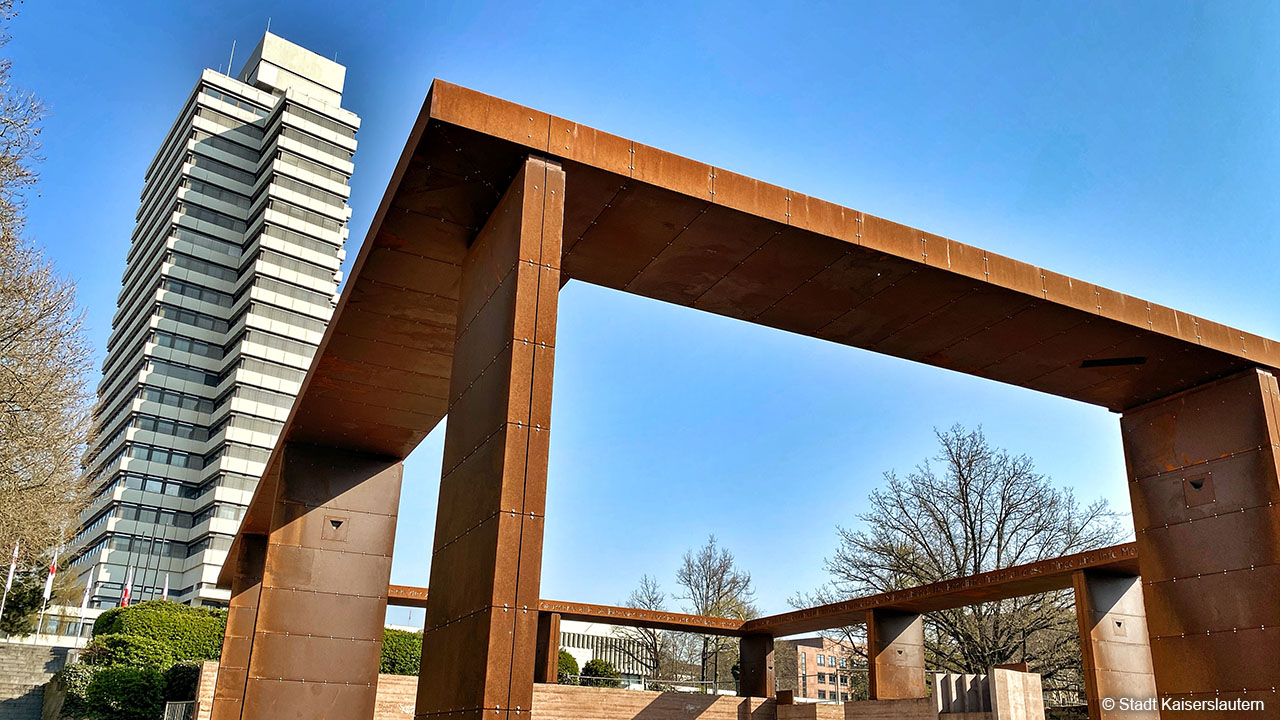
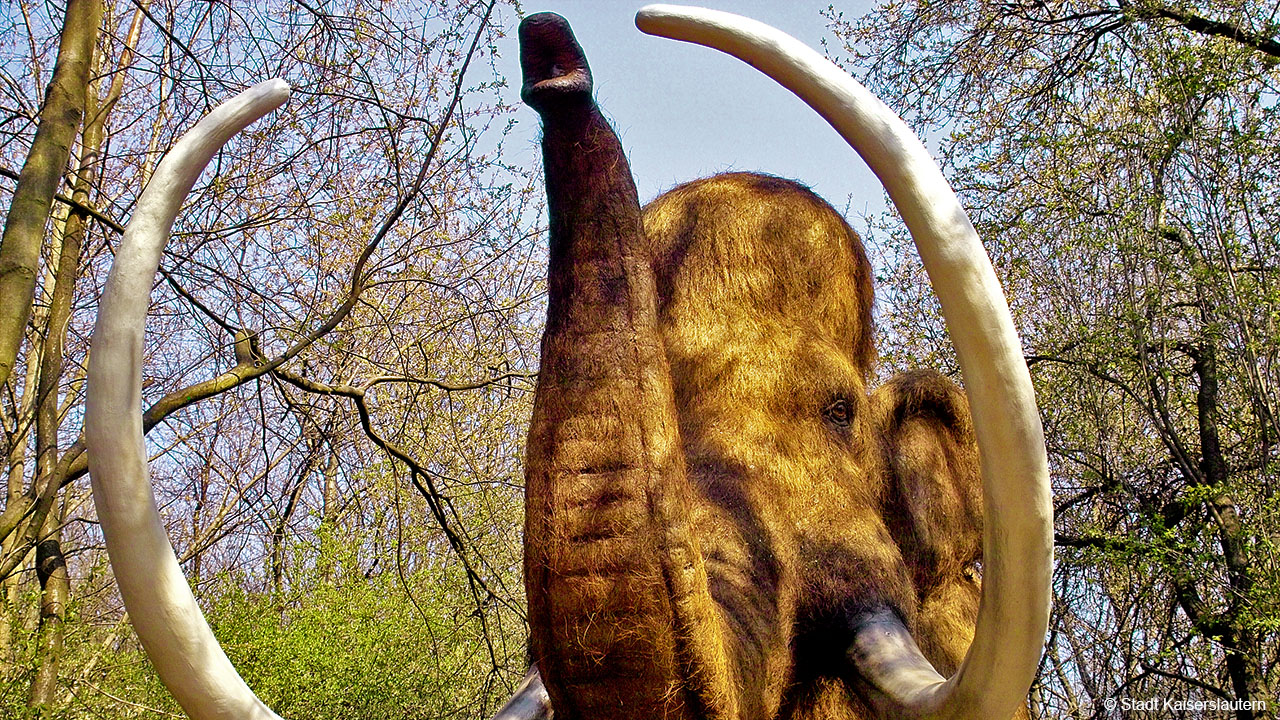
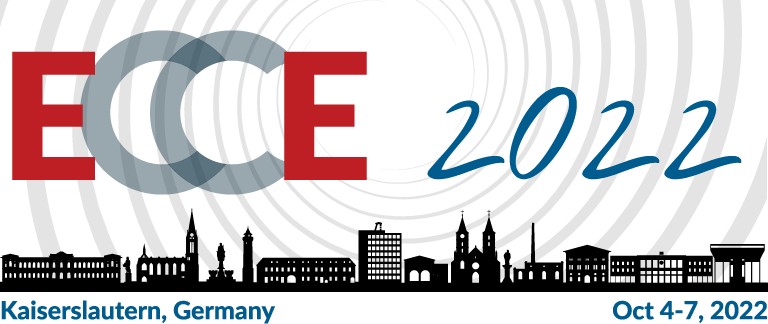
ECCE 2022 Program & Invited Speakers
ECCE will be held in Kaiserslautern, Germany, from October 4 to 7, 2022. Ranked around its special theme "Evaluating the Reality–Virtuality Continuum", its preliminary schedule and list of keynote speakers look like as follows.
Keynote Speakers
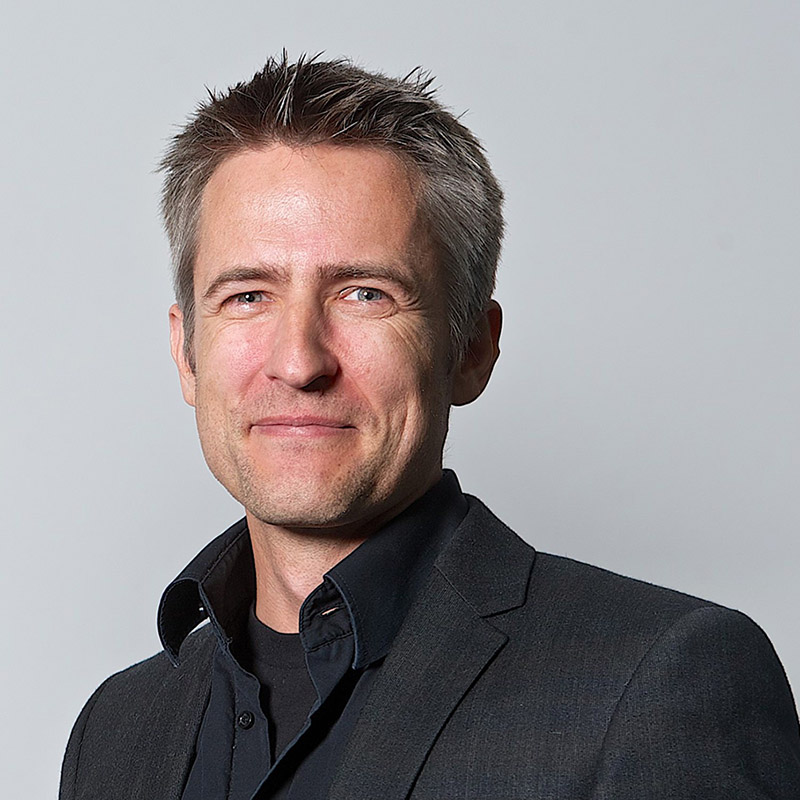
|
Patrick Baudisch is a professor in Computer Science at Hasso Plattner Institute at Potsdam University and chair of the Human Computer Interaction Lab. After working on mobile devices, touch input, and natural user interfaces for several years, his current research focuses on personal fabrication and haptics. Previously, Patrick Baudisch worked at Microsoft Research and at Xerox PARC. He was inducted into the CHI Academy in 2013 and has been an ACM distinguished scientist since 2014. Keynote: About 1, 10, and 100 person year research projects |
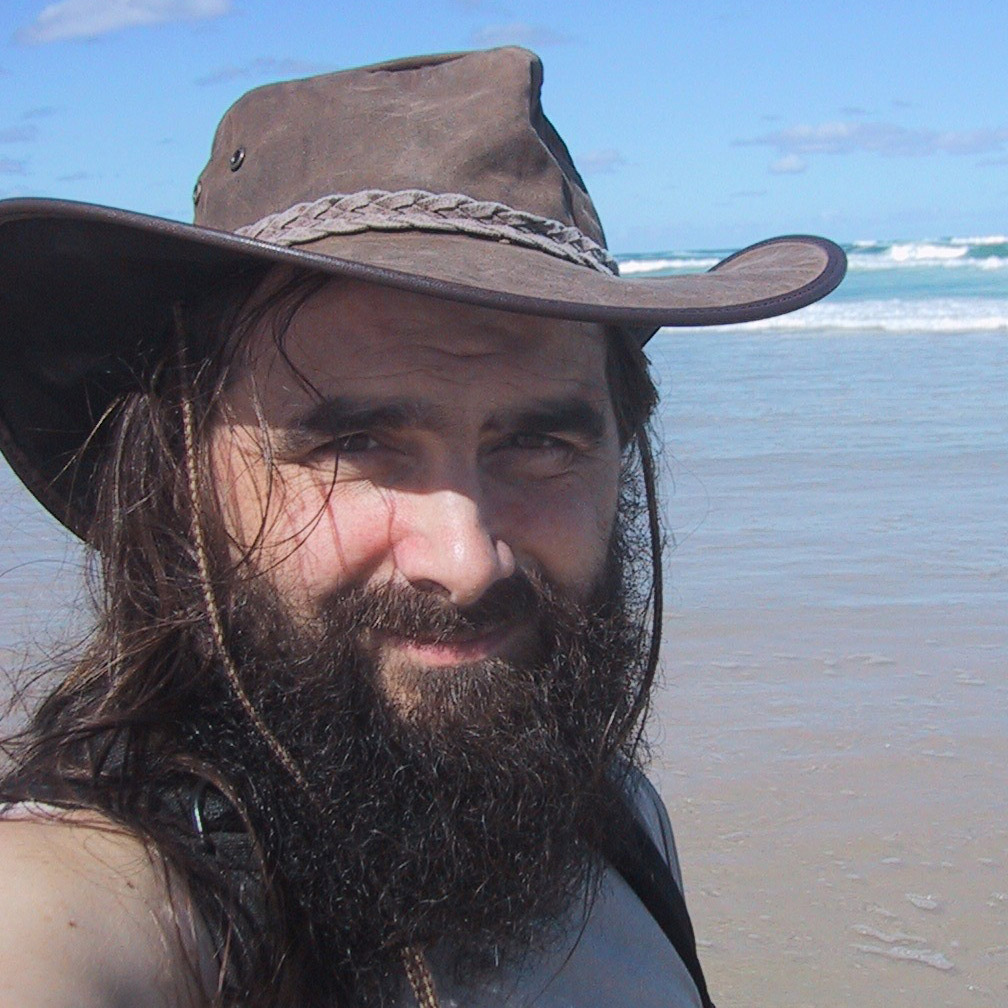
|
Alan Dix is a Professorial Fellow at Cardiff Metropolitan University and also Director of the Computational Foundry; a £32.5M project of Swansea University, Welsh Government, and the European Commission to promote ground-breaking digital research with a real impact on society. He is known principally for his work in human–computer interaction including writing one of the key textbooks in the area. He was elected to the ACM SIGCHI Academy in 2013 and is a Fellow of the Learned Society of Wales. Outside academia, Alan has been co-founder of two tech companies, developed intelligent lighting, worked in local government and even submarine design. Keynote: Forever Cyborgs – A long view on physical-digital interaction |

|
Kristina Höök is a professor in Interaction Design at KTH Royal Institute of Technology, Stockholm, Sweden. She also used to be the director of the Mobile Life centre. Her research interests include affective interaction, somaesthetic design, internet of things and anything that makes life with technology more meaningful, enjoyable, creative and aesthetically appealing. She ist the author of the book "Designing with the Body: Somaesthetic Interaction Design" (MIT Press, 2018). She was inducted into the CHI Academy in 2020 and has been an ACM distinguished scientist since 2014. Keynote: Soma Design – Intertwining aesthetics, movement and emotion in design work |
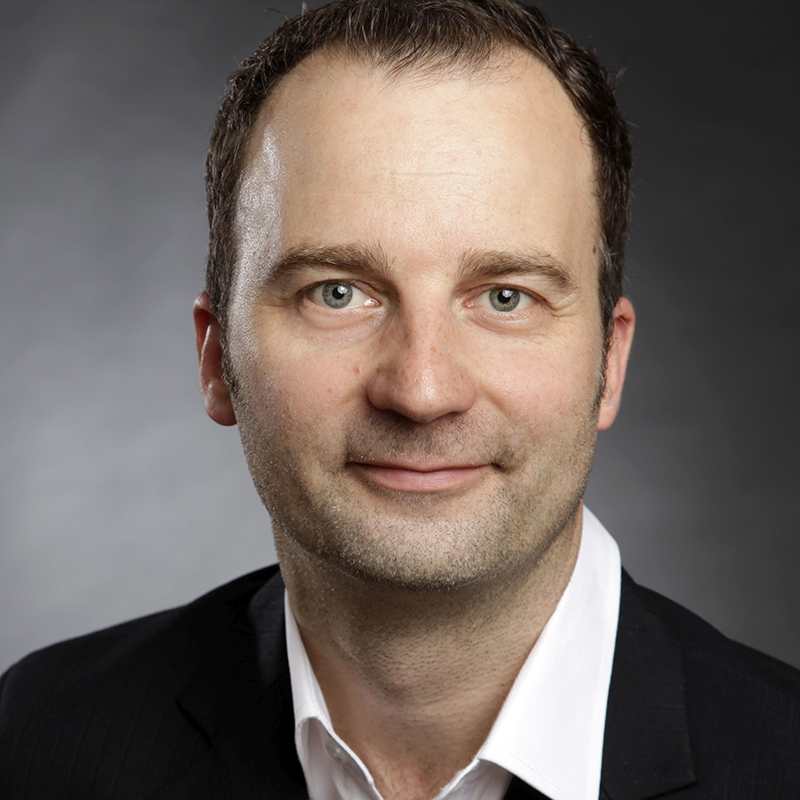
|
Sebastian Pannasch directs the chair for Engineering Psychology and Applied Cognitive Research at the Faculty of Psychology at TU Dresden. His research focuses on the understanding of perception, attention and information processing in the context of active vision, principally via analysis of eye movement behavior. His previous professional positions include Assistant Professorships and Fellowships at Aalto School of Science and Technology (Finland), University of California at Santa Cruz (USA), and Bauhaus Universität Weimar (Germany). He was awarded a Marie-Curie Fellowship “EyeLevel” and the DFG Research scholarship on “Levels of cognitive organization in human eye movements”. Keynote: From basic mechanisms of human eye movements to autonomous driving |
Industrial Talk by Peter Klein (UID)
Peter Klein holds a degree in computer science and a doctorate in information science, specializing in information design and visualization. As the responsible head of UID's Research & Innovation department, he takes care of the targeted pick-up of disruptive technologies and their creative transfer into user-centered product and process design. He also realizes this long-standing interest in commissioned and funded research projects, regular publications in the design and research community, and in the supervision of courses and theses.
Topic: Digital Ethics – don’t let the world be doomed by design
Digital products, services and digital transformation processes offer enormous potential and economies of scale in many areas.
At the same time, the impact of these developments grows beyond the actual user/usage and influences organizations, societies
and entire ecosystems. Current examples of such Digital Services show that requirements management, risk management and technology
impact assessments face major challenges and often fail. In addition to these more technical factors, decision-makers and
developers are increasingly asking how to arrive at decisions that are consistently aligned with (their own) value systems.
Digital ethics (still) play a subordinate role in design.
The lecture addresses the (non) influence of ethics in the design of digital products and services and offers food for thought
in the systematic integration into own development processes.
Please note, that this talk on Tuesday is open to all ECCE attendees and not exclusive to DC students!
Preliminary Program
Tuesday, Oct 4, 2022
| 09:00 | Doctoral Consortium (closed meeting) |
| 10:30 | Coffee Break |
| 11:00 | Doctoral Consortium (closed meeting) |
| 12:30 | Lunch Break |
| 14:00 | Doctoral Consortium (closed meeting) |
| 15:30 | Coffee Break |
| 16:00 | Industrial Talk by Peter Klein |
| 17:00 | End of Doctoral Consortium |
| 19:00 | Doctoral Consortium Dinner |
Wednesday, Oct 5, 2022
| 09:00 | Welcome & Opening Keynote by Kristina Höök |
| 10:10 | Coffee Break |
| 10:30 | Session 1 |
| 12:30 | Lunch Break |
| 13:30 | Session 2 |
| 15:30 | Coffee Break |
| 16:00 | Session 3 |
| 17:00 | End of Day 1 |
| 17:00 | EACE Annual Meeting |
| 19:00 | Conference Dinner |
Thursday, Oct 6, 2022
| 09:00 | Keynote by Sebastian Pannasch |
| 10:00 | Coffee Break | DC Poster Break |
| 10:30 | Session 4 |
| 12:30 | Lunch Break |
| 13:30 | Session 5 |
| 15:30 | Coffee Break | DC Poster Break |
| 16:00 | Session 6 |
| 17:30 | End of Day 2 |
| 19:00 | Get Together |
Friday, Oct 7, 2022
| 09:00 | Keynote by Alan Dix |
| 10:00 | Coffee Break |
| 10:30 | Session 7 |
| 11:30 | Closing Keynote by Patrick Baudisch |
| 12:30 | ECCE 2023 Announcement and Farewell |
| 13:00 | Lunch Break |
| 14:00 | End of the ECCE 2022 Conference |
| 15:00 | Demo Session at Fraunhofer ITWM / University of Kaiserslautern |
Full Conference Schedule
The full conference schedule is now available for download as PDF:
ECCE Conference Schedule (final, Sept 30, 2022)
Demo Session at Fraunhofer ITWM (Friday, Oct 7)
Participants will visit the Fraunhofer ITWM's RObot based Driving and Operation Simulator (RODOS®) and virtual reality lab. They will be able to experience virtual environments that were created based on measurements by the Fraunhofer ITWM's 3D laser scanner vehicle REDAR (Road and Environment Data Acquisition Rover). Additionally, they will be able to act in virtual reality within an assembly simulation using IPS Cable Simulation.
Conference Chairs
| General Chairs |
Achim Ebert, TU Kaiserslautern Thomas Lachmann, TU Kaiserslautern Contact: ecce2022-gc <at> hciv.de |
| Program Chairs |
Klaus Dreßler, Fraunhofer ITWM Jessica Lindblom, Uppsala University René Reinhard, Fraunhofer ITWM Contact: ecce2022-pc <at> hciv.de |
| Workshop Chair |
Anke Dittmar, University of Rostock Contact: ecce2022-ws <at> hciv.de |
| Doctoral Consortium Chairs |
Gerrit van der Veer, Vrije Universiteit Amsterdam Kerstin Müller, University of Applied Sciences Bielefeld Contact: ecce2022-dc <at> hciv.de |
| Industry Relations Chair |
Gerhard (Gerd) Pews, Capgemini Contact: ecce2022-ic <at> hciv.de |
All rights of ownership and copyrights of the above photos are reserved by the City of Kaiserslautern, Pfalz.Touristik e.V., Dominik Ketz (photographer), and/or Hotel Barbarossahof Kaiserslautern. ECCE 2022 logo by Christoph Garth.